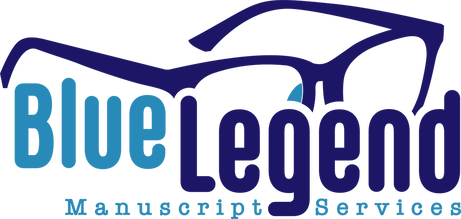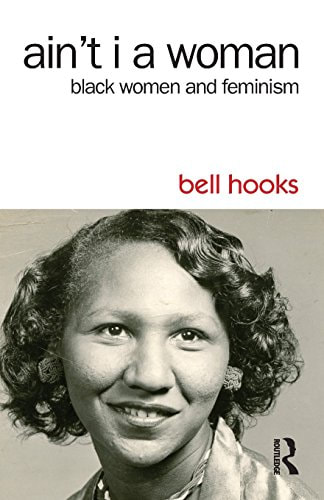|
I read bell hooks’s Ain’t I a Woman: Black Women and Feminism (1981), with audiobook narration by Adenrele Ojo.
When I was an undergraduate, we learned that the first wave of feminism (focused on women’s suffrage) and the second wave of feminism (focused on women’s liberation) served middle and upper class white women to the exclusion of others. By the time I came along as a Women’s Studies major in the early 2000s, the curriculum had a strong focus on inclusivity. Those gains are due in no small part to hooks. Though the term intersectionality wasn’t yet in the scholarly parlance, hooks anchored Ain’t I a Woman on the intersection of race and sex, with class and labor making frequent appearances. Three takeaways: One. Elizabeth Cady Stanton, like so many early feminists, was anti-slavery but not anti-racist. She wanted Black people free from chains on religious grounds, but she did not think of them as equals. I know we covered this when I was in college, but either they weren’t emphatic enough or I distorted the message. It would have been in character for me to tamp it down, to apologize for her (she meant well, she was doing the best she could for the time, etc.). Nope. Lady was a straight-up racist. Abolitionists can be racist. Two. The labor forces have changed so much, so quickly. I was born in the year hooks published the book, 1981. hooks devotes ample time to the idea of women in the workforce, because that was still one of the big social questions of the time. Yet it already seemed hopelessly outdated when I was growing up, the idea of women staying at home, expecting a man to provide for them. Capitalism was happy to assist with that social change. That sped things along. Laborers who earn less but control more of the household spending decisions? Let’s flood the workforce with them! Final takeaway: then, as now, our social movements cannot afford to exclude people’s needs. “Let’s fix patriarchy first, and then we’ll focus on sexism. Let’s solve poverty first, and then we’ll worry about accessibility.” No. We lift up everyone or we lift up no one.
0 Comments
Leave a Reply. |
Book talks
When Covid first hit, I started doing book talks on social media as a way to keep in touch with people. I never got out of the habit. I don't discuss books by my clients, and if I don't like a book, I won't discuss it at all. While I will sometimes focus on craft or offer gentle critical perspectives, as a matter of professional courtesy, I don't trash writers. Unless they're dead. Then the gloves come off. Archives
February 2024
Tags
All
|


 RSS Feed
RSS Feed